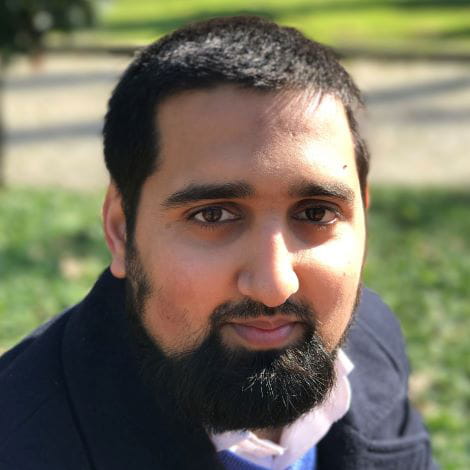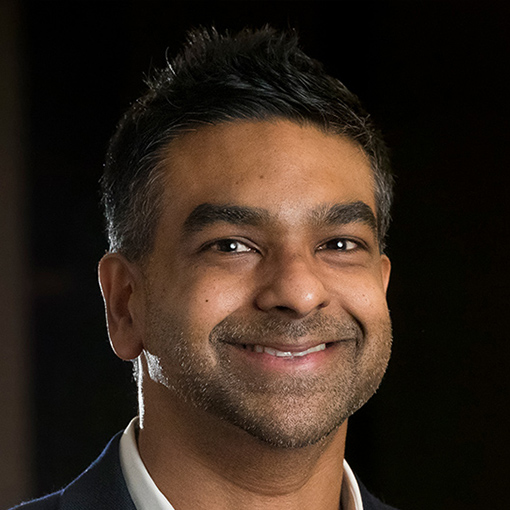How scalable and intensified is your CAR-T process?
In this webinar, brought to you by Sartorius, we’ll discuss:
- Consistent and scalable expansion of CAR-T cells in stirred-tank bioreactors
- Reducing variability
- Establishing a control strategy for CAR-T process intensification
Context
Advanced therapies like CAR-T have been in the news for their potential to fundamentally change and personalize cancer treatment. Manufacturing these therapies is hard. Overcoming key bottlenecks is essential to commercial viability. The cost and variability associated with these personalized advanced therapies presents a critical manufacturing and translational challenge. The current clinical pipeline in this field shows the imminent need for manufacturing optimization. However, current manufacturing protocols are limited in terms of their scalability and cost-effectiveness.
Results and Discussion
Dr. Qasim Rafiq and his team at UCL have undertaken extensive studies to investigate the impact of key culture parameters on the yield and quality of CAR-T cells, including medium screening studies, medium feeding strategies, dissolved oxygen concentrations, pH and culture mode of operation. The outcome of these studies has been the development of a novel process control strategy that has resulted in a process intensification efficiency of >40% while maintaining the critical quality attributes of the CAR-T cells. They have also established a criteria for scaling the process in stirred-tank bioreactors, ranging from 15mL to 1L, resulting in equivalent growth kinetic and cell quality profiles.
This talk will introduce the process control and intensification strategy established to improve CAR-T yield, outlining the importance of monitoring and control capability. The role of manufacturing technologies will be discussed with data presented from a range of expansion platforms. Finally, the talk will outline the challenges of scalable CAR-T manufacturing, particularly for allogeneic (universal donor) applications, and present data from 1L stirred-tank bioreactor studies.




